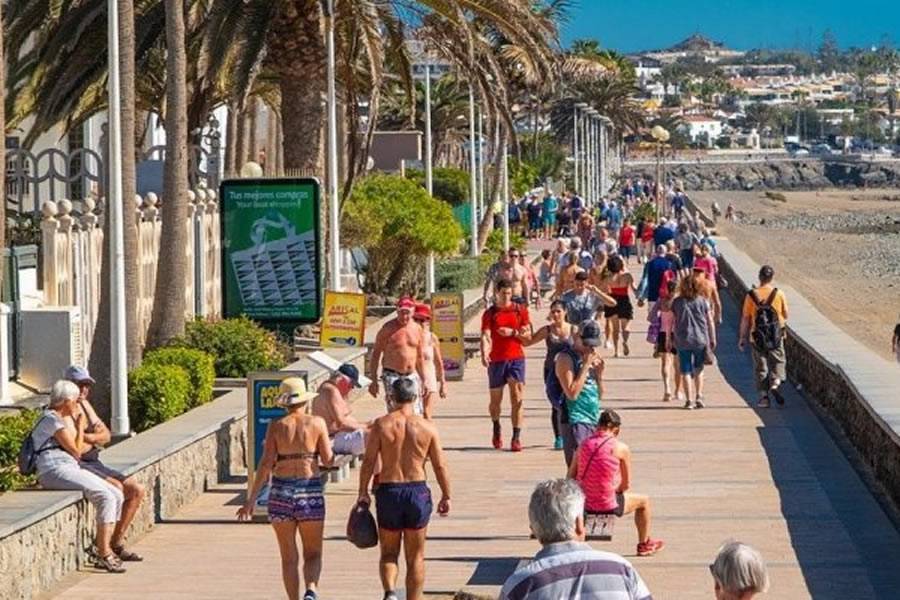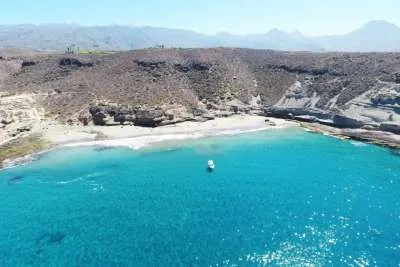Why Germans continue to choose the Canary Islands
- 12-06-2025
- Travel
- collaborative post
- Photo Credit: CW Stock Image
In early 2025, the Canary Islands set a new benchmark in international tourism. Over 4.36 million foreign visitors arrived in just the first quarter, with German holidaymakers once again making up one of the largest segments.
Drawn by the archipelago’s unique mix of reliable sunshine, affordable lifestyle, and proximity to mainland Europe, their presence continues to grow.
As Euronews recently reported, Spain remains the number one holiday destination for Germans in 2025, with the Canary Islands leading the way thanks to their year-round appeal.
Climate and Natural Beauty
Often called the "Islands of Eternal Spring," the Canaries offer an unusually stable subtropical climate. Daytime temperatures rarely dip below 20°C, even in January. This reliability makes them a psychological antidote to Germany’s grey winters and moody springs. Germans accustomed to planning around weather apps find deep relief in simply packing a light shirt and going outside, every single day.
Cultural Comfort and Accessibility
While the climate is the headline, the cultural balance keeps people coming back. The islands are undeniably Spanish, but communities like Puerto de la Cruz in Tenerife or Maspalomas in Gran Canaria also feel surprisingly German. Bakeries sell Brötchen, many menus are printed in German, and long-standing expat communities provide familiarity for both retirees and long-stay tourists.
Direct flights from cities like Frankfurt, Munich, and Berlin - often under five hours - make spontaneous escapes possible. For those wanting a blend of the foreign and the familiar, the Canaries deliver an ideal rhythm.
The Luxury of Letting Go
In this slowed-down environment, many Germans discover a new kind of presence: the ability to just be. Whether that means coastal walks, sitting on a terrace for hours, or taking a detour up a volcanic hiking trail, island life rewards the unplanned. This open-endedness can feel liberating after years of strict schedules and rigid systems.
Interestingly, this same openness to impulse and joy echoes the experience of exploring the best online casino, for example, as here, where relaxation meets unpredictability in a way that feels both fun and oddly therapeutic.
Practical Joys: Cost, Convenience, Lifestyle
For all the emotional and sensory appeal, the decision to spend time - or even settle - in the Canary Islands is also rooted in logic. Compared to major German cities:
• Rental prices are often 20–30% lower;
• Fresh local produce is more affordable and flavourful;
• Outdoor lifestyle reduces reliance on costly entertainment.
Add to that the abundance of budget-friendly flight connections, and it becomes clear why so many Germans are trading a grey skyline for the volcanic colours of Lanzarote or the pine forests of La Palma.
Other articles that may interest you...
Trending
Most Read Articles
Featured Videos
TributoFest: Michael Buble promo 14.02.2026
- 30-01-2026
TEAs 2025 Highlights
- 17-11-2025




























































